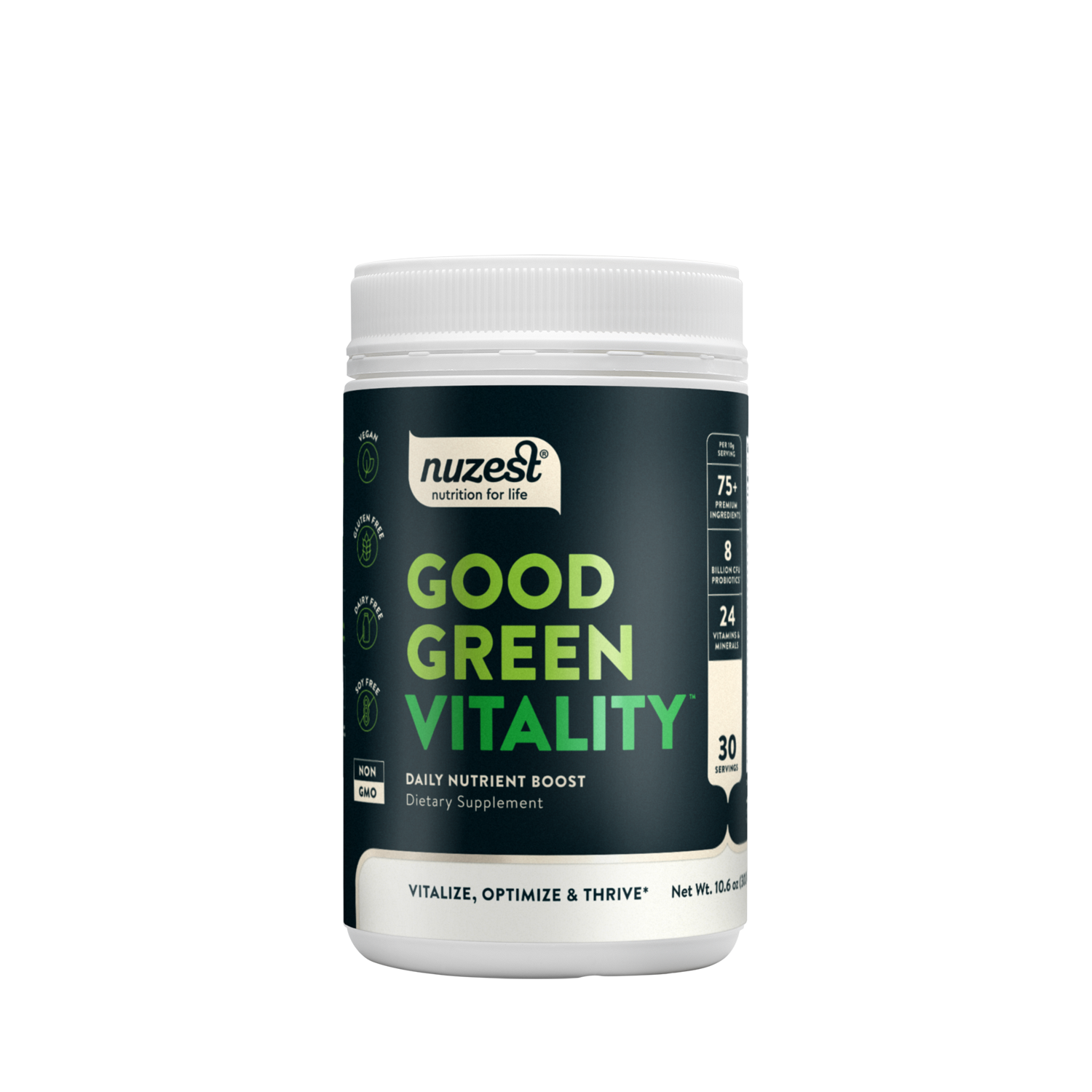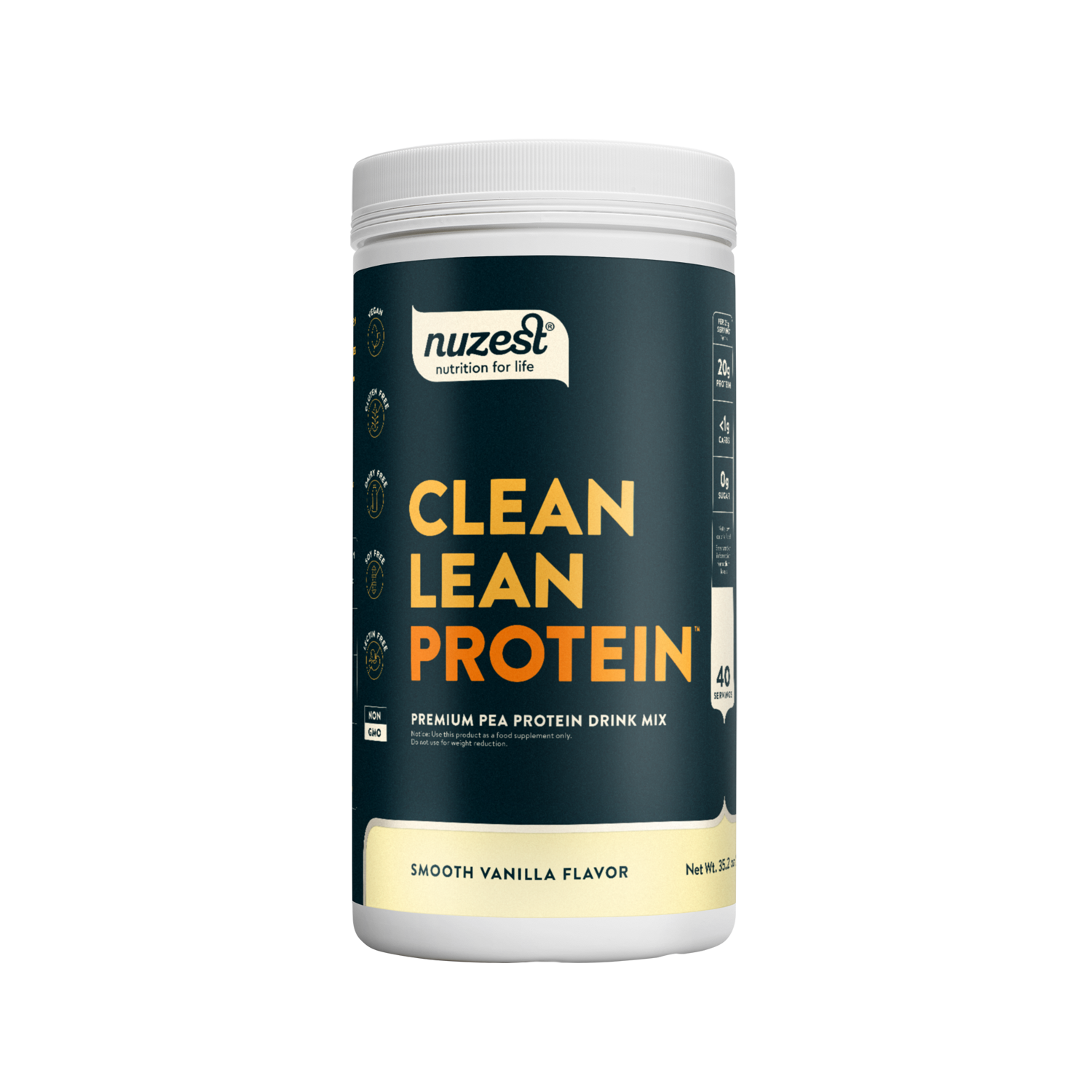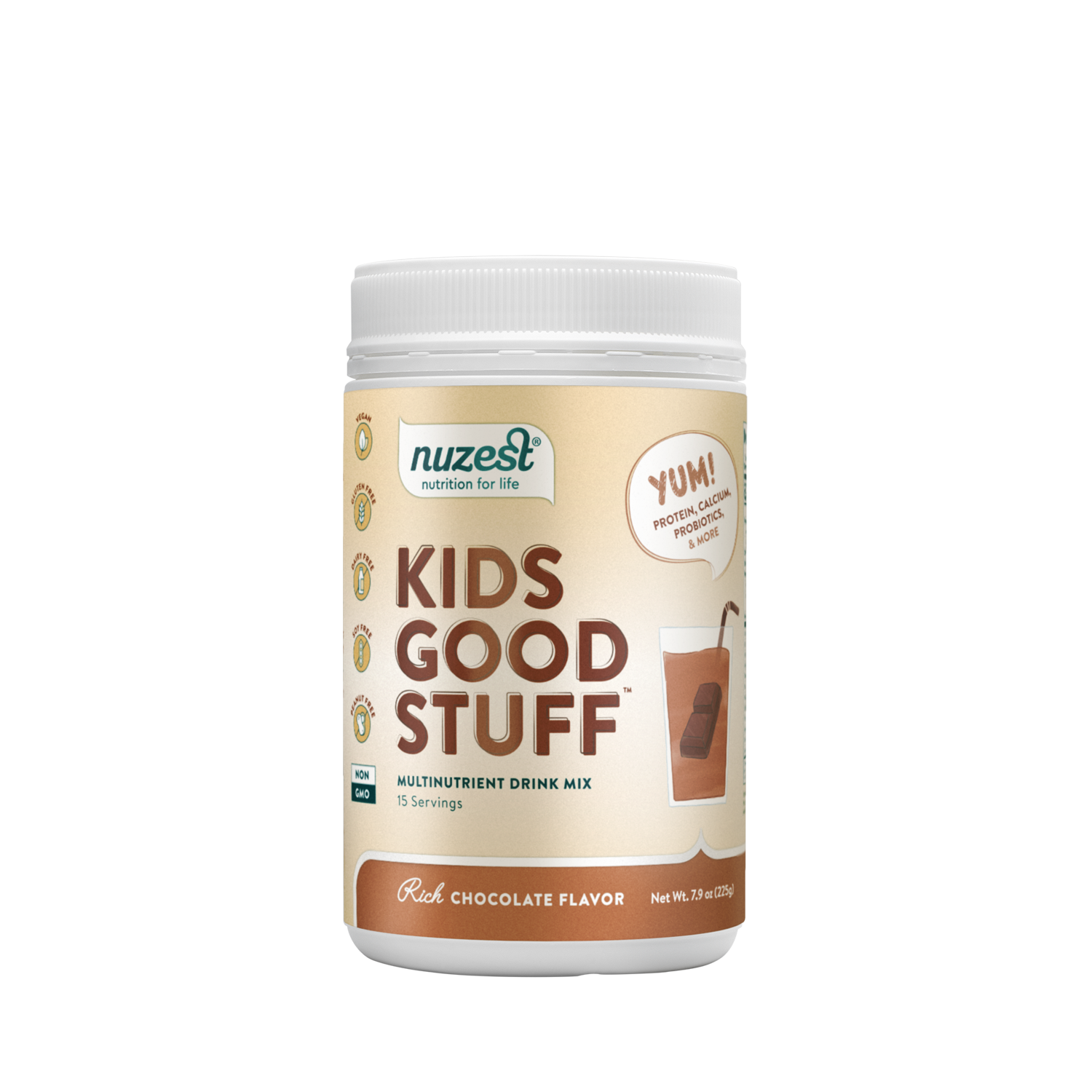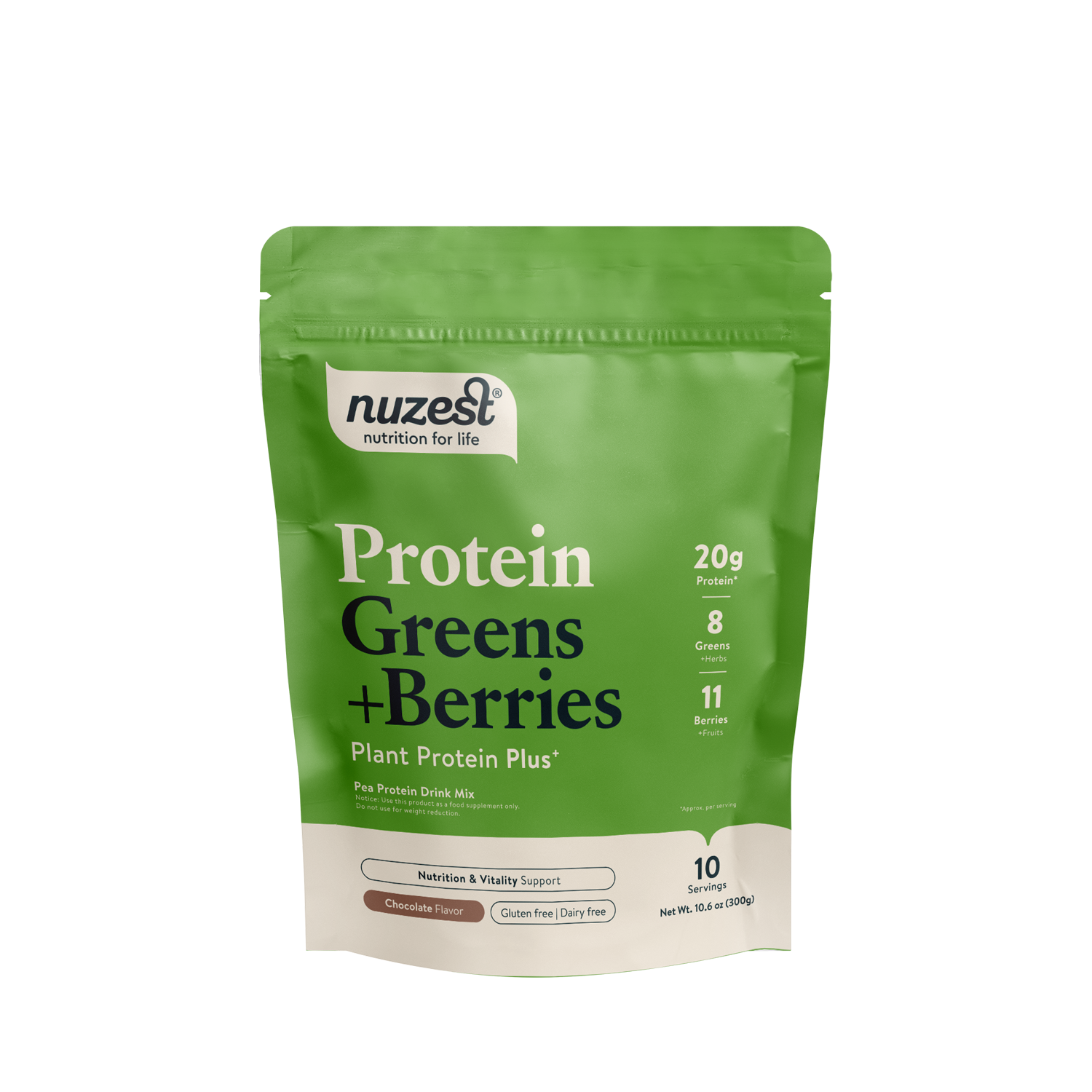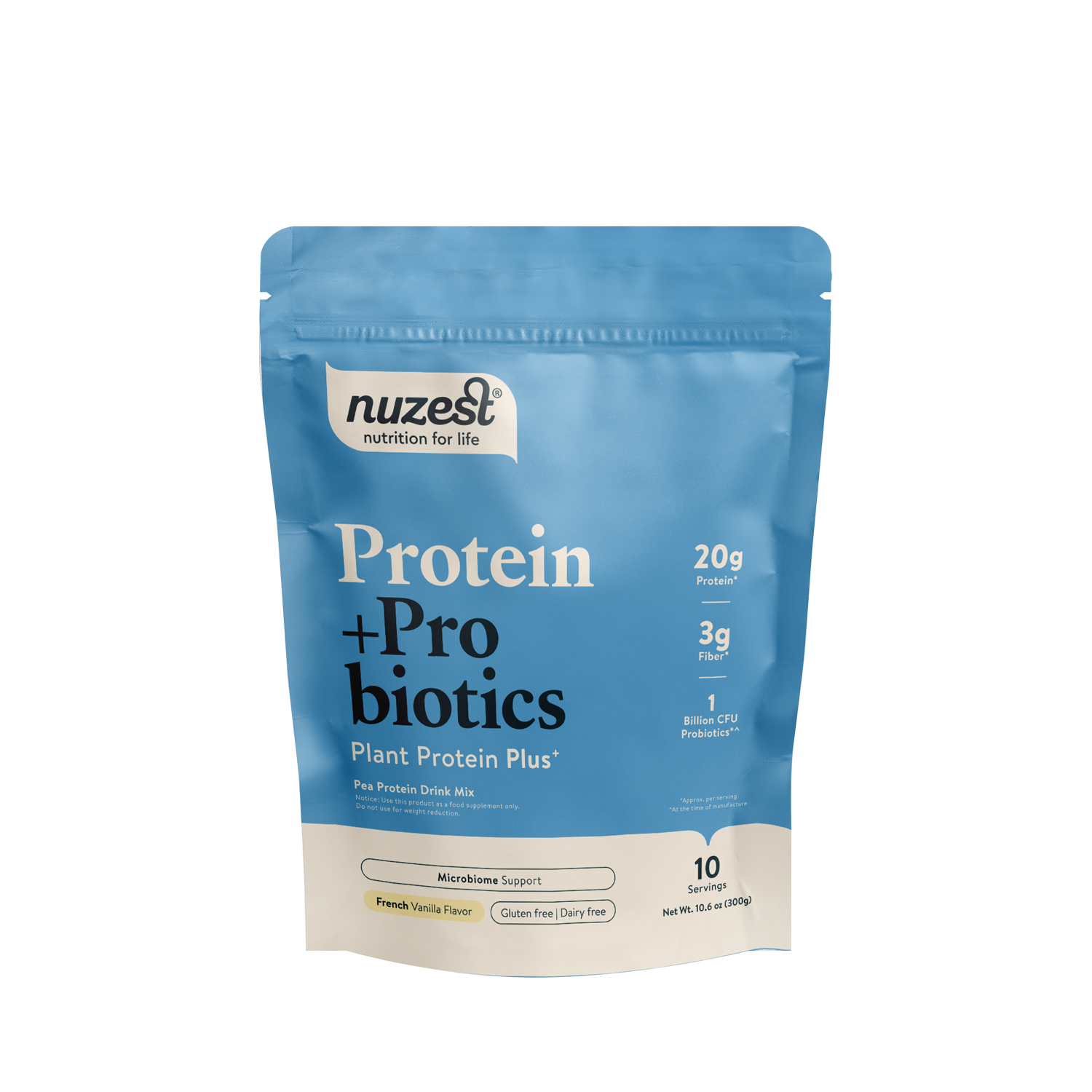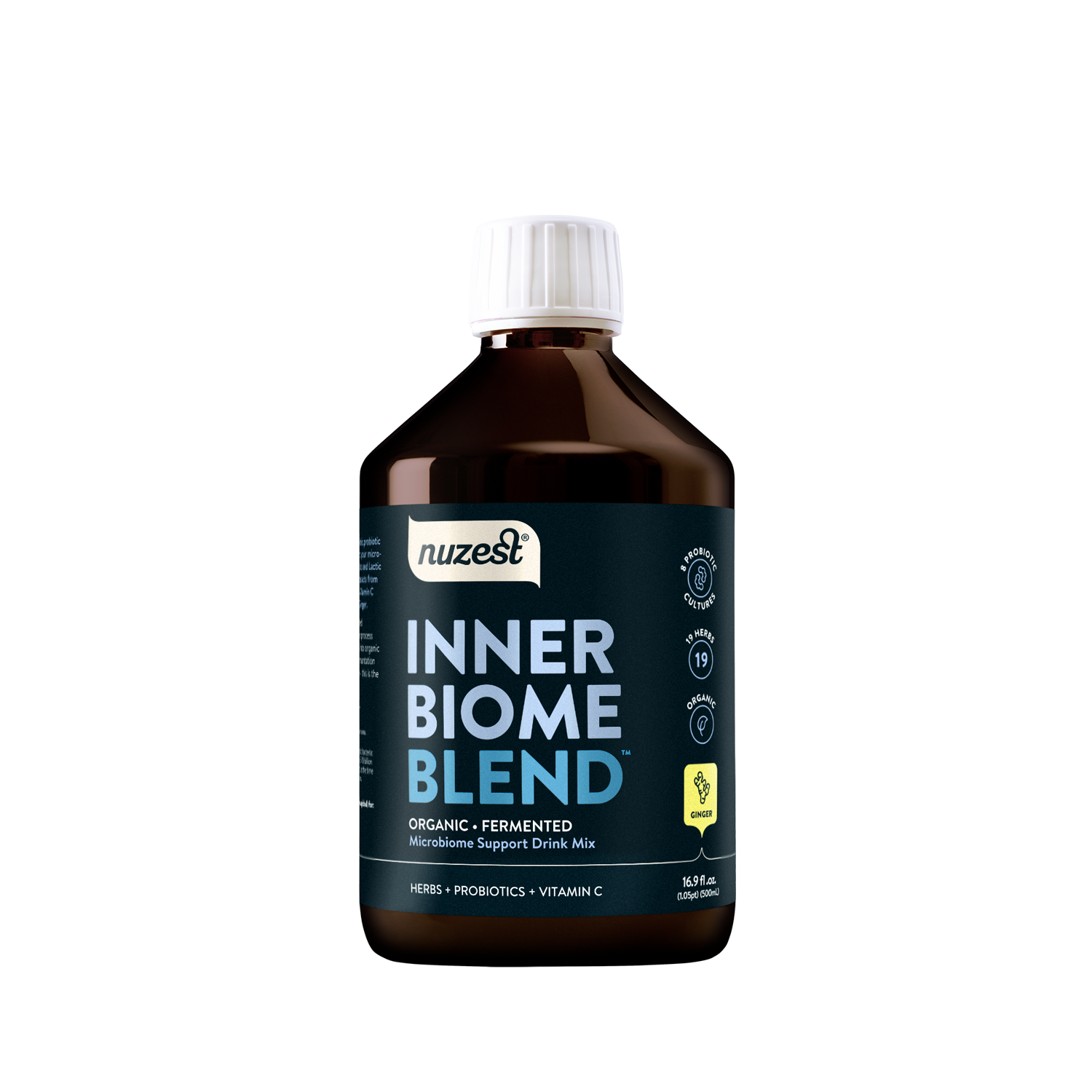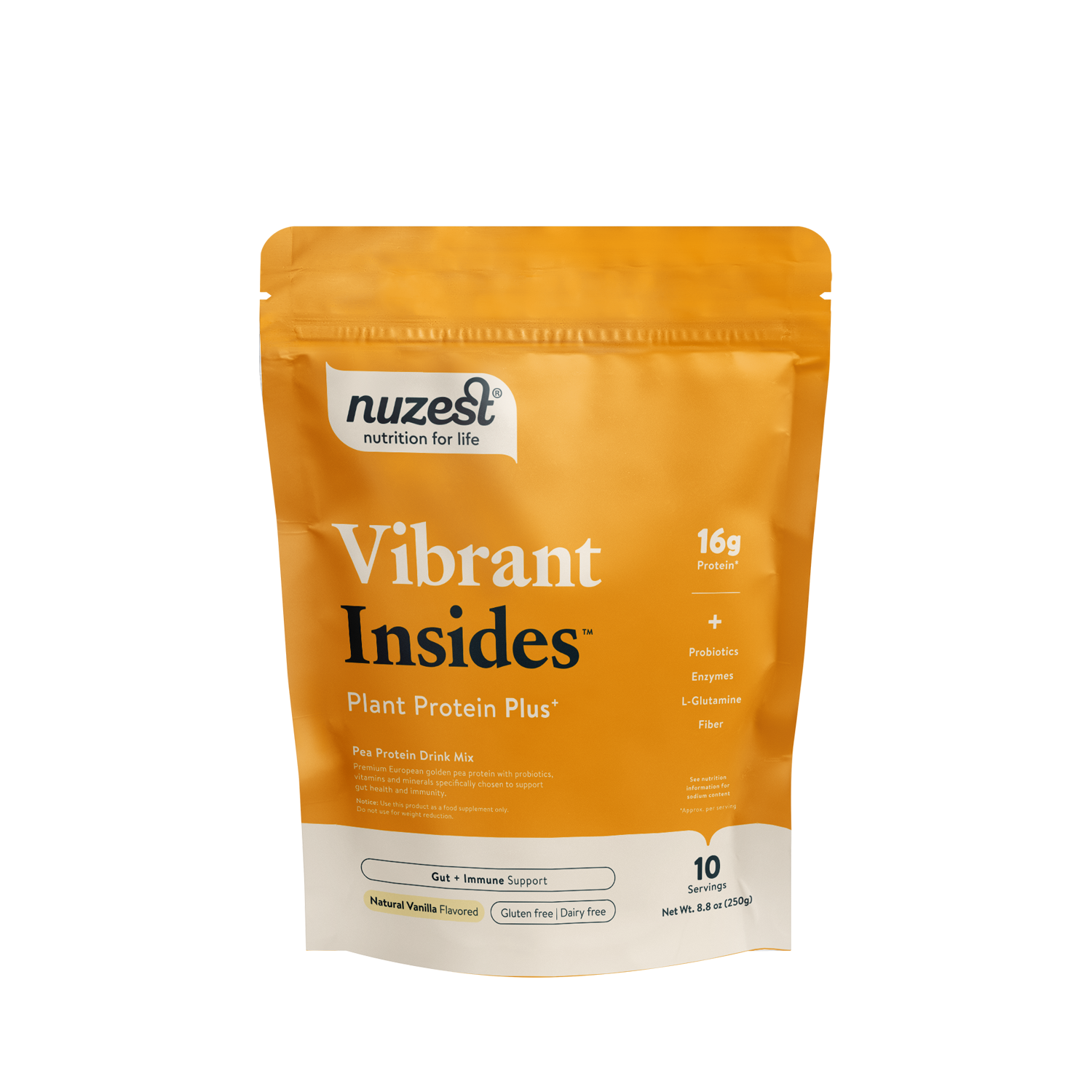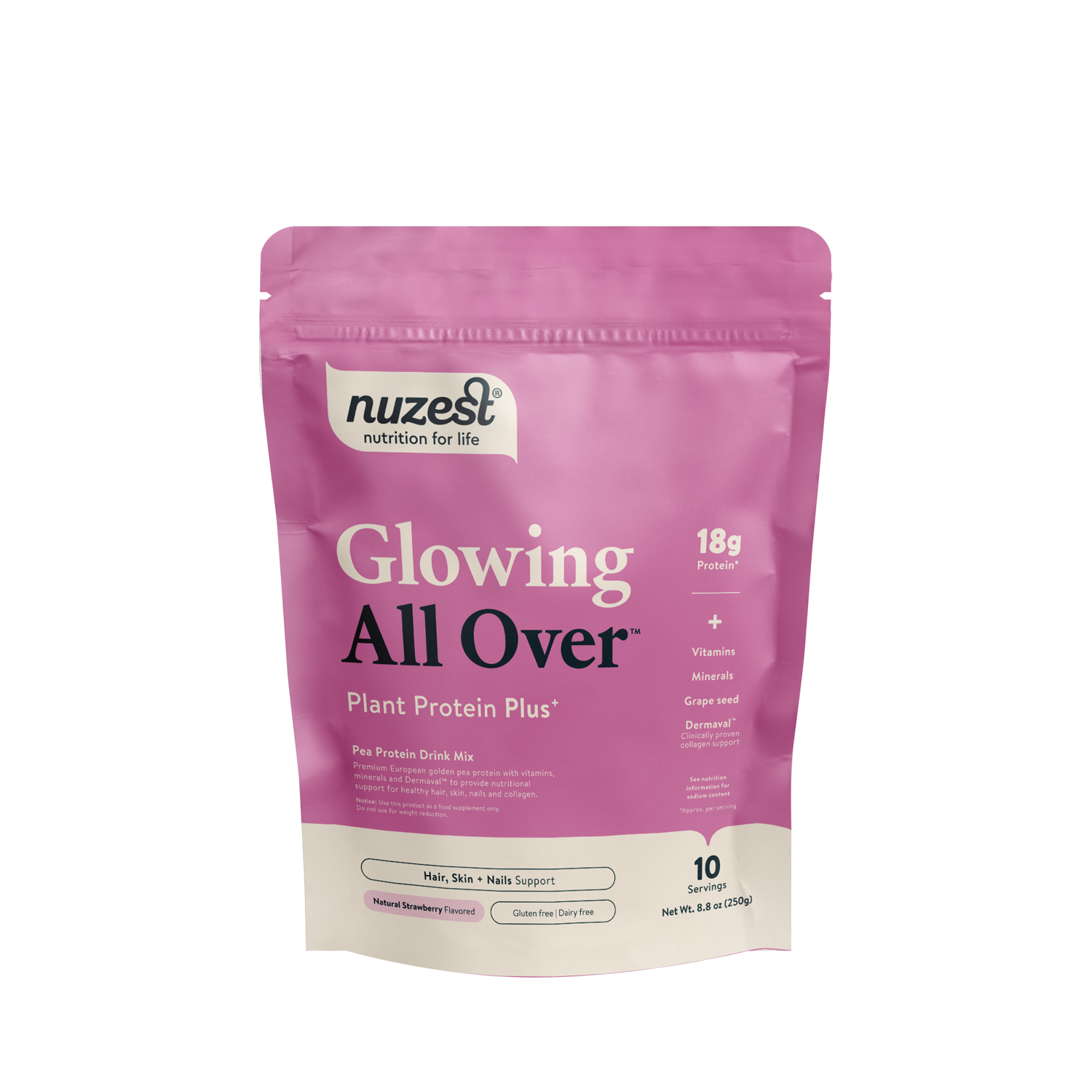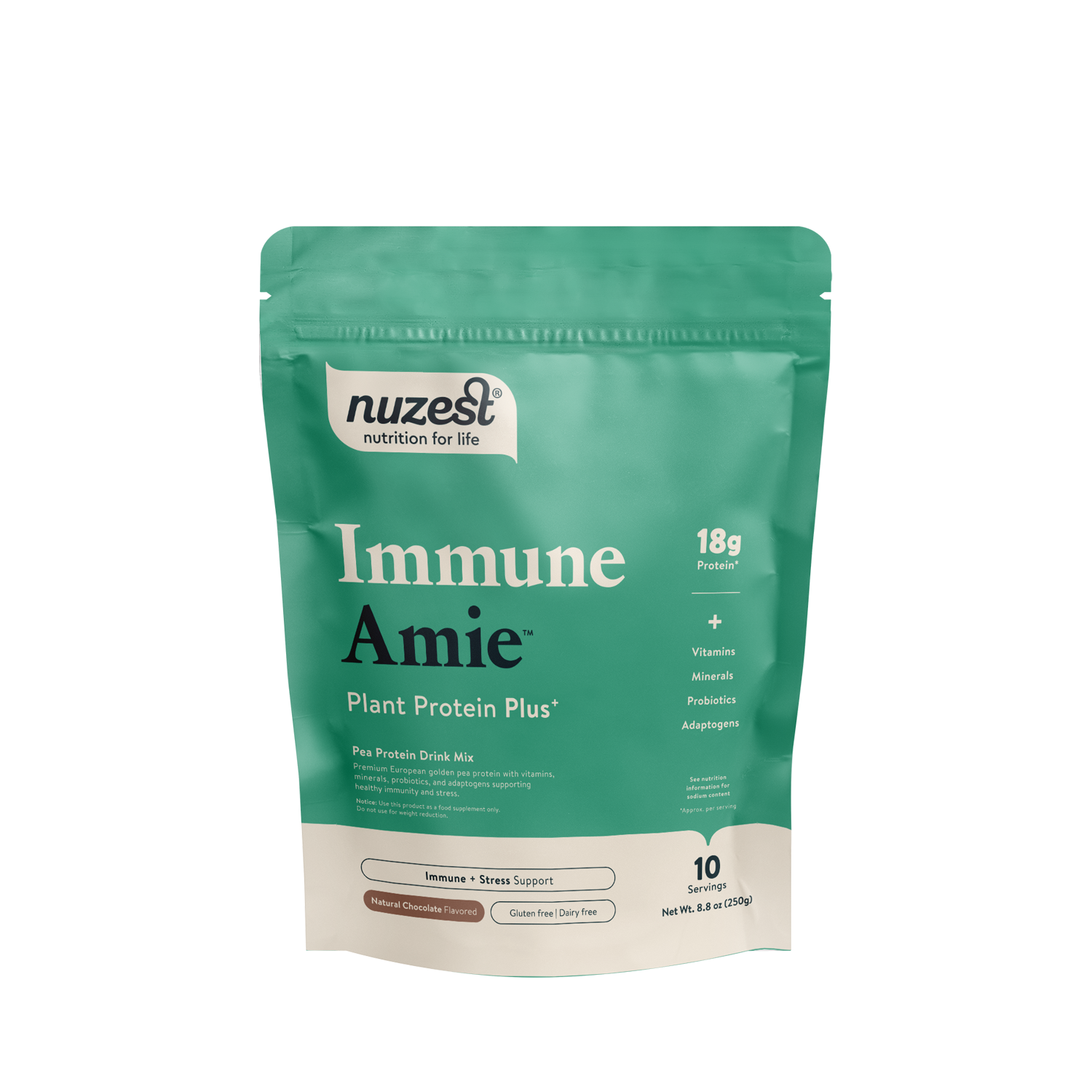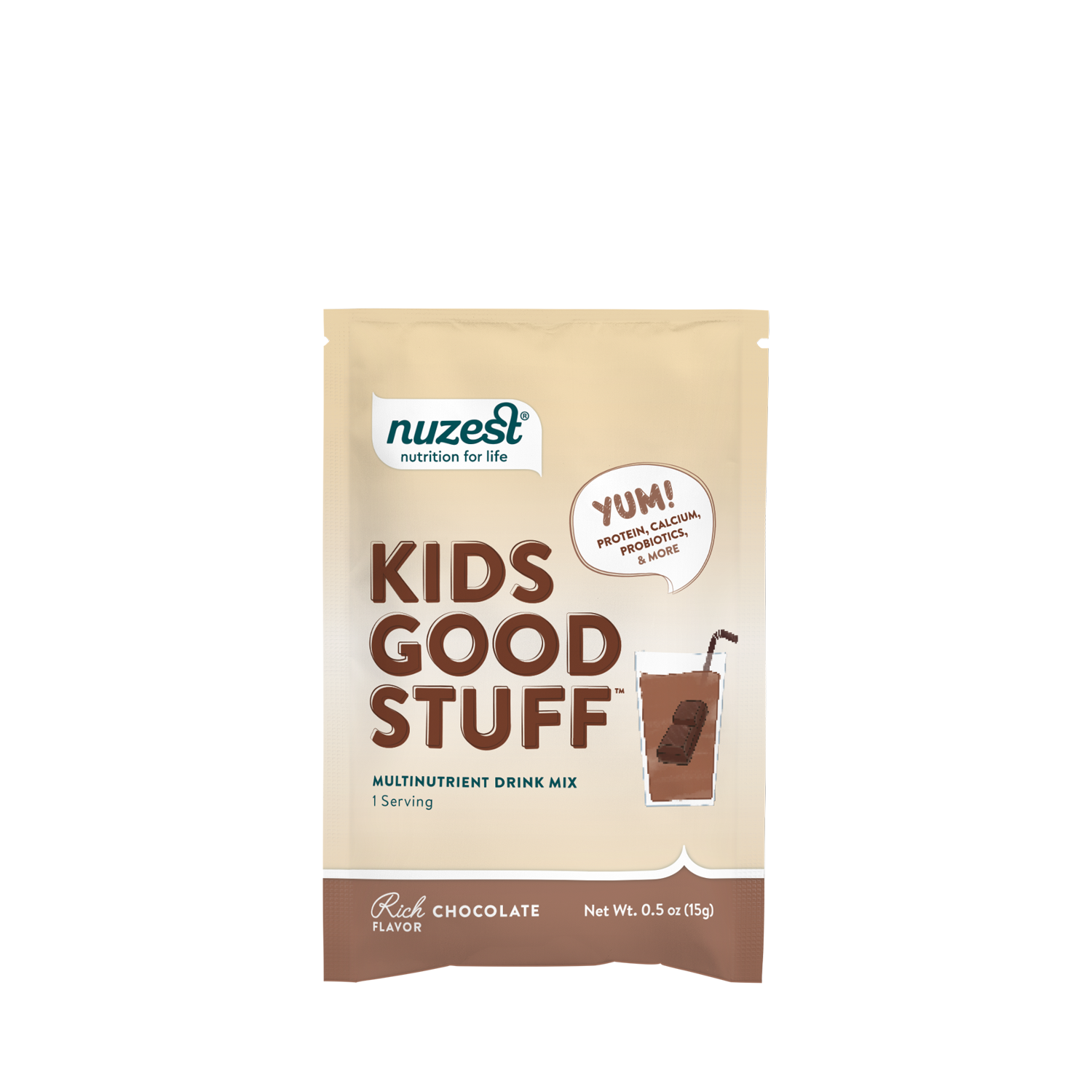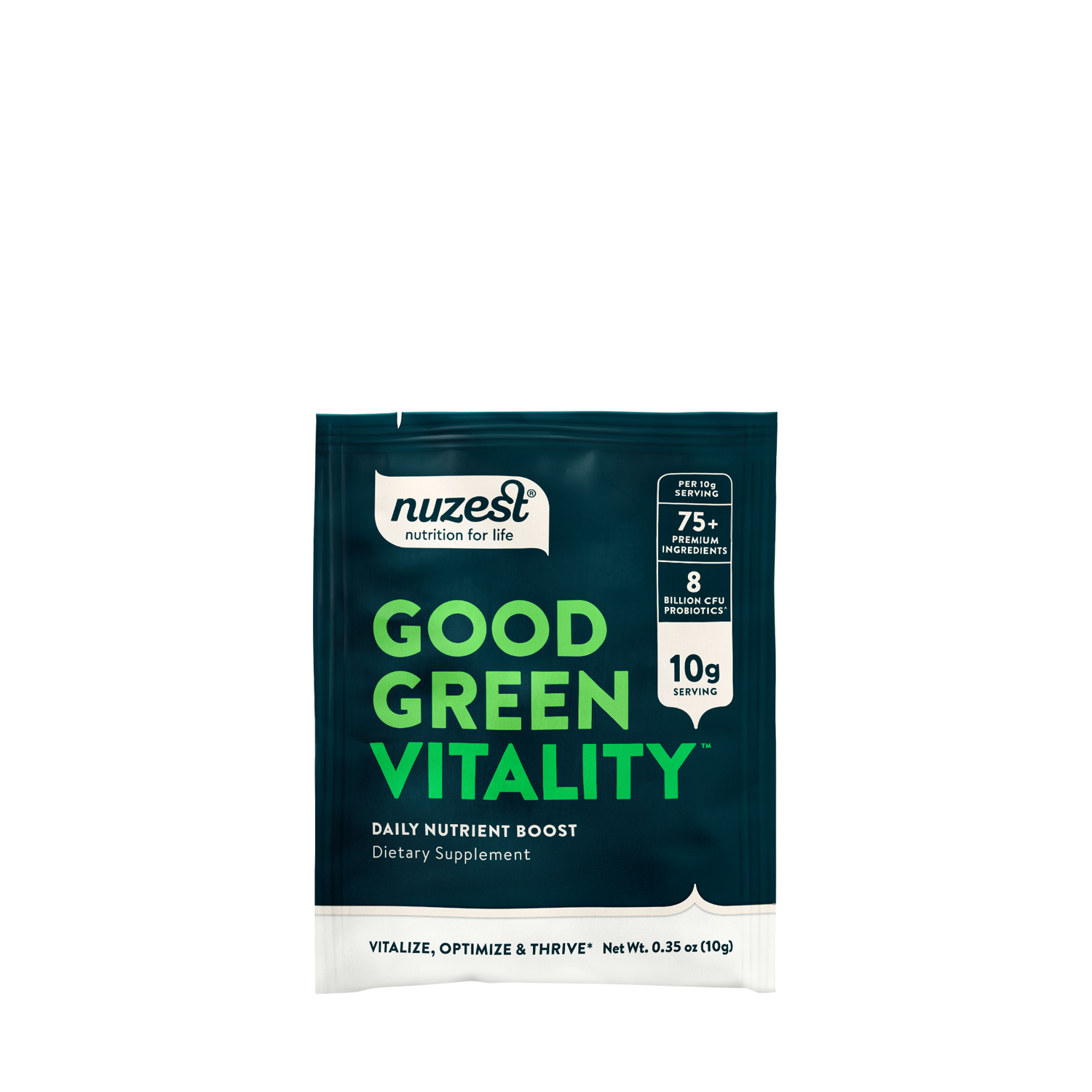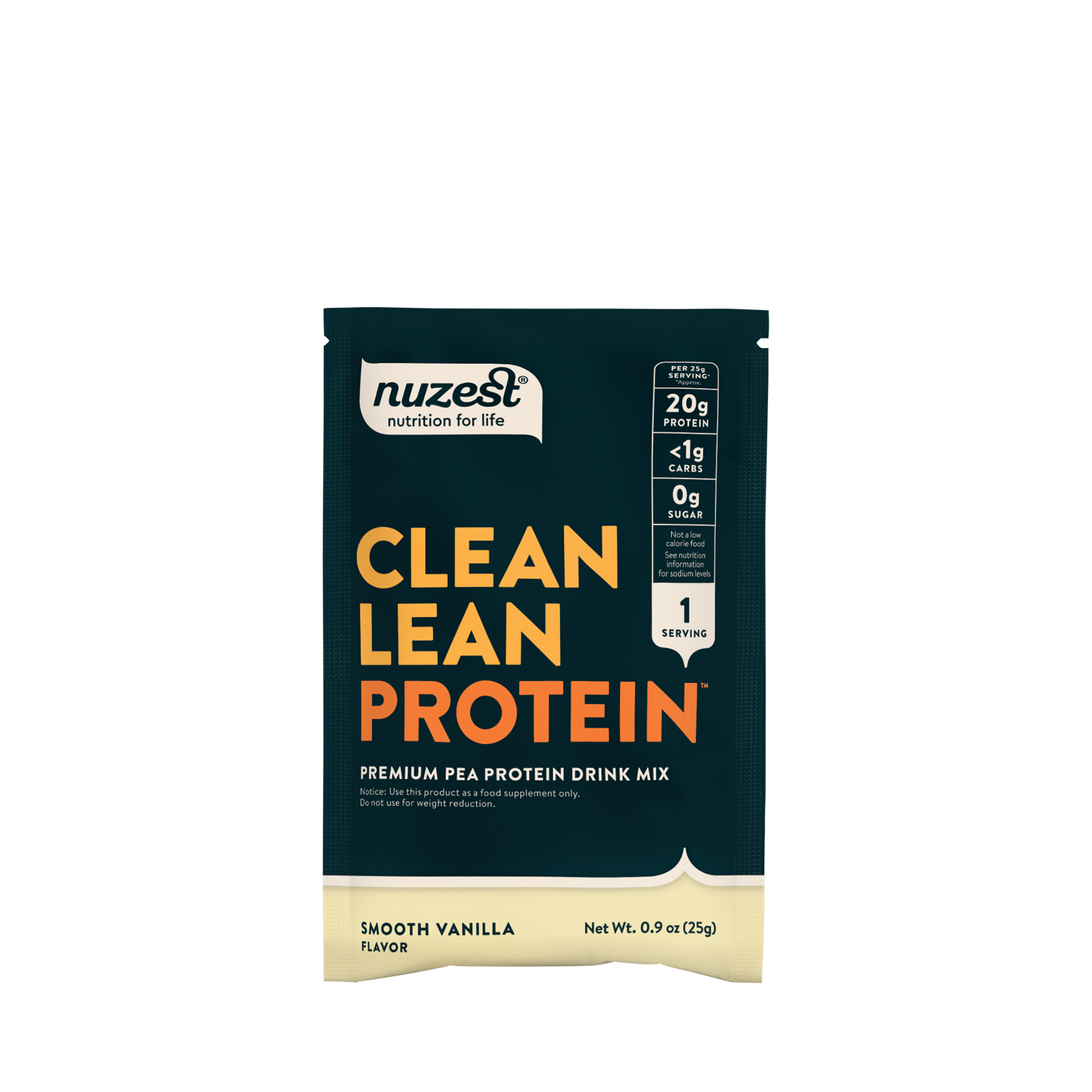AUTHOR: Amy Butler (Nutritionist)
When we become parents, we generally know that we are going to have to sacrifice some sleep. However, this doesn’t mean that we can’t try some tips and tactics to help our children (and ourselves!) sleep a little better.
Sleep is vital for our bodies to function; growth, repair and healing, learning and memory, decision making, problem solving, behavior, mood, blood sugar control, hormones, immunity and reaction times are all affected by sleep, so chronic (long term) deficiency in either sleep quantity or quality can have serious consequences to health and wellbeing.1
As adults, we need around eight hours of sleep each night to feel our best, however children generally need a little more (see image below2). With this being said, it should also be noted that rarely, children do fall outside these sleep needs and function well on an hour or two more or less. So, it is suggested that you judge your child’s sleep needs by considering their behavior and the below sleep recommendations from the National Sleep Foundation.
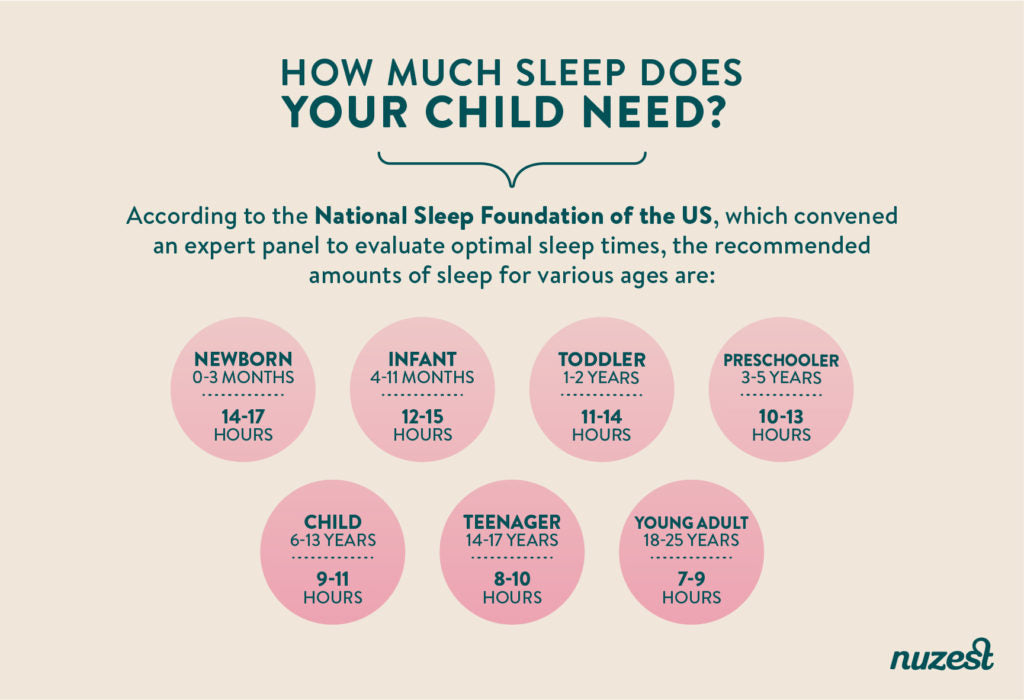
Insufficient sleep in children doesn’t look like it does in adults – overtired children will often resist bedtime and seem full of energy! It is also important to note that some children are natural early wakers; a child that wakes at 5 AM may seem like a problem to you, but if they are getting enough total sleep it may prove difficult to change that early waking habit.
If you think your child may be getting insufficient sleep, read on for some tips to help them drift off to dreamland and wake refreshed!
Sleep Hygiene
‘Sleep hygiene’ is the combination of habits and routines which can help improve your sleep. Establishing a solid nighttime routine, in conjunction with making a few small adjustments to improve your kids sleep hygiene can make a big difference in improving the quality and quantity of their sleep. Some examples include:3
- Waking them up and putting them to sleep at the same time each day – yes, even on weekends!
- Getting out into some sunshine or natural daylight first thing in the morning to help set their body clock.
- Setting a solid and predictable routine – this may be as little as 30 minutes or up to two hours, and could include things like a warm bath or shower, reading a book and/or singing a song.
- Ensuring their bedroom is suited for sleep – keep toys out of the room if possible, keep the temperature consistent and avoid loud noises.
- Avoiding screen time, preferably 30-60 minutes before bed.

Diet
An important aspect of life that effects almost everything we do, including our sleep quality, is our diet! A number of specific vitamins, minerals, and nutrients are particularly helpful for promoting good quality sleep. These include…
- Tryptophan, which is an amino acid found in many protein containing foods such as peas, beans, dairy, eggs, and turkey. Tryptophan has been found to improve sleep efficiency (a measure of the amount of time spent asleep vs the amount of time spent in bed) and wake time after sleep onset (how much time is spent awake during the night between falling asleep and getting up for the day).4
- Iron, which is found in meat and dark green leafy veggies. Research indicates that iron deficiency may modify normal brain processes that play an important role in sleep regulation, thus adequate iron is believed to be necessary for normal sleep patterns.5 Try serving iron-rich foods with foods that contain vitamin C, like oranges or kiwi fruit, to improve iron absorption!
- Magnesium, which is found in dark green leafy veggies, as well as whole grains, peas, beans and nuts. Magnesium helps to regulate our circadian rhythm – our inbuilt “clock” which tells us when to be sleepy and when to be awake.6
Ensuring that your kids consume enough calories through the day is also important – nothing disrupts sleep like an empty belly! Adding a small supper an hour before bedtime, such as these delicious Green Dinosaur Popsicles, which contain protein, magnesium, and iron thanks to the addition of Kids Good Stuff, may support a better night's sleep!
